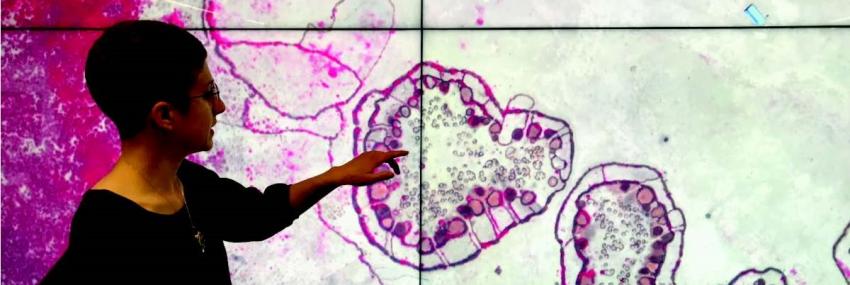Event Logistics
Date:
Wednesday, August 24, 2016
Time:
2:00-3:00 p.m. Central Time
Location:
CRL
Contact:
CRL Events - events@crl.edu
This webinar provides a general introduction to CRL's collections and services. It serves as an excellent orientation for new staff, or a refresher on how CRL can extend the resources of your library.
Topics include:
- An informative overview of CRL collection strengths
- Detailed information on using CRL services, including loans and digital access
- Introduction to CRL's Global Resources programs: communities of interest dedicated to acquiring and preserving resources from various regions
- Updates on the Global Resources partnerships, which enhance access to content in law and government, science and technology, and agriculture
- Ideas for optimizing membership benefits, including participating in cooperative collection development and requesting research consultations
- Information on CRL's popular eresources licensing program and eDesiderata platform
- Suggestions for promoting CRL to your patrons
CRL hosts webinars throughout the year. Participation is open to all librarians, staff, and faculty at CRL member institutions. Most are recorded and available for later access. Additional information on accessing webinars can be found under Membership.


